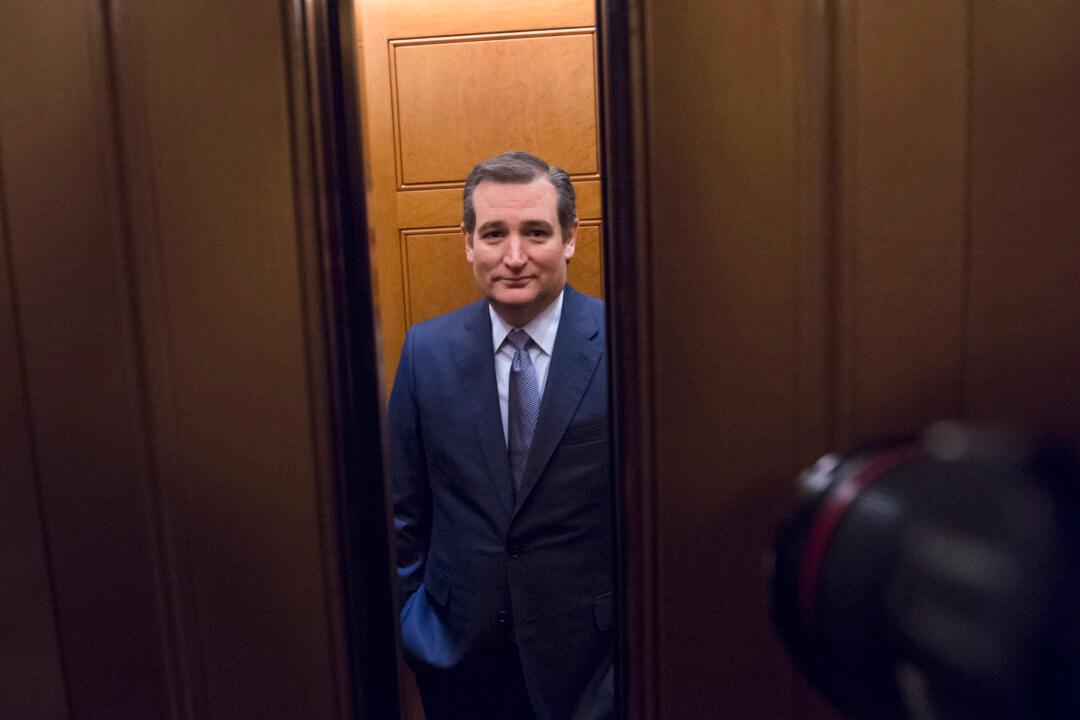WASHINGTON—Republican senators are confronting an unsettling possibility: Sen. Ted Cruz, their least favorite colleague, stands within reach of becoming the party’s presidential nominee and standard-bearer.
Worse than that, many GOP lawmakers and aides fear the Texas senator could ruin Republicans’ chances of hanging onto control of the Senate in November’s elections, alienating voters in a half-dozen key swing states with his hardline stances on issues from immigration to abortion.
And yet, these fellow Republicans say they’re essentially powerless to stop him. Any attempt to weaken Cruz in his primary campaign against Donald Trump and other GOP candidates risks bolstering his argument that he’s running against the “Washington cartel.” So there’s little Senate Majority Leader Mitch McConnell and other Republicans can do beyond watch in dismay as Cruz, isolated and boxed out in the clubby Senate after repeatedly angering colleagues, rises in the polls in first-voting Iowa and elsewhere.
With Cruz as the nominee, “state and local races that take place in ideologically moderate electorates could be a bloodbath,” says Josh Holmes, McConnell’s former chief of staff and a GOP strategist. Vulnerable Republican senators are partly insulated by strong campaign organizations, “but there is no question their job could get tougher,” Holmes says.





